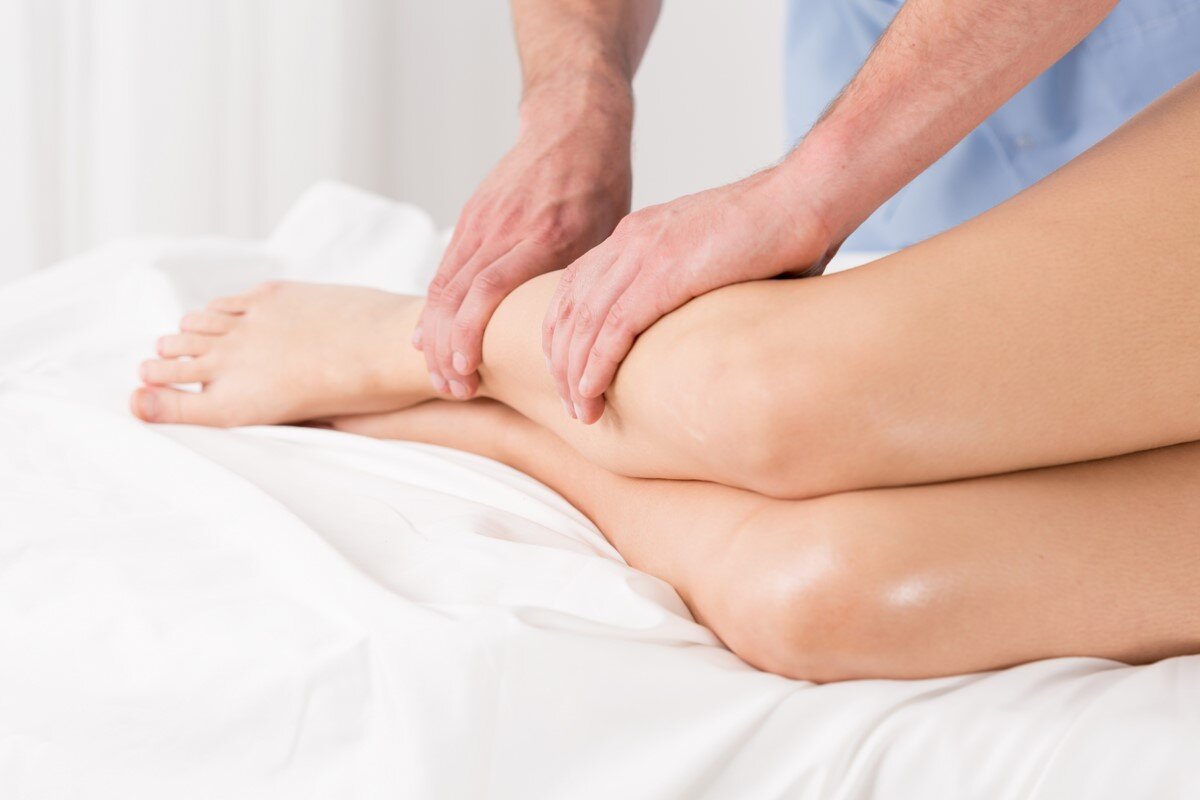Skin Care For Lymphedema Clients
Here, I’m going to talk about skin care for lymphedema clients. The “gold standard’ for lymphedema treatment is Manual Lymph Drainage massage, compression, exercises and skin care. I often feel that skin care is an area where clients are left with little guidance.
Your skin is the first line of defense against invaders and any break can provide an entry point. That can mean big problems like burns and cuts but can also mean things that people think of as small things- chafing, dryness, hangnails, cracks, splinters and insect bites. Since the high protein fluid of lymphedema is already a good medium for the growth of infection, any skin break can get bad things started.
So: Soaps and skin cleansers should be moisturizing, hypo-allergenic, unscented and have a neutral or slightly acid pH balance (around pH5). Often recommended are Eucerin, Curel and one that I particularly like called Lymphoderm. There are many others.
Last spring, I sat in on a client consultation with Dr. Stanley Rockson, a well known lymphedema expert at Stanford Medical Center. My client had severe fibrosis and advanced skin changes on both legs. He recommended soaking her legs in a tub with a little bit of Alpha Keri bath oil every day. His comment was that he had seen softening penetrate deeply under the skin surface. Please be sure to rinse and dry thoroughly- and don’t slip!
I have also seen reversal of advanced lymphedema skin changes from using Lymphoderm lotion. This product is available through a number of websites that offer lymphema products such as garments and bandages. For callus softening, I personally like Gehwol med Callous Cream. It softens but is not an acid and does not eat away at the callous.
And please! If you are not able to take care of your nails yourself, see a professional for nail care. This should always include pushing back the cuticles and not cutting them.
For more information, I like Joachim Zuther’s Lymphedema Blog (lymphedemablog.com) where you can look through the archives for pertinent articles and also the position papers published by the National Lymphedma Network (LymphNet.org).

